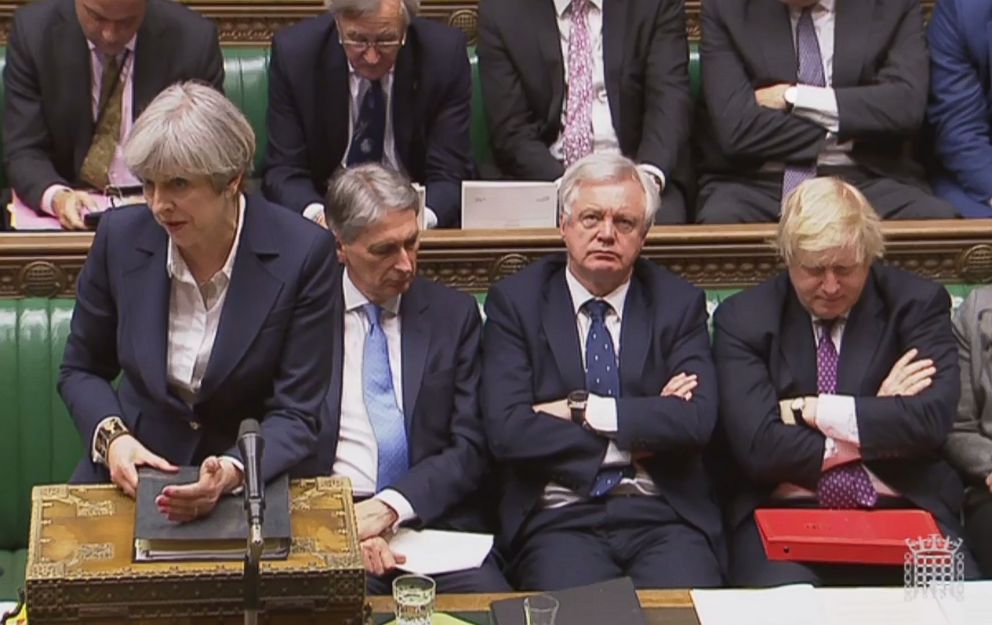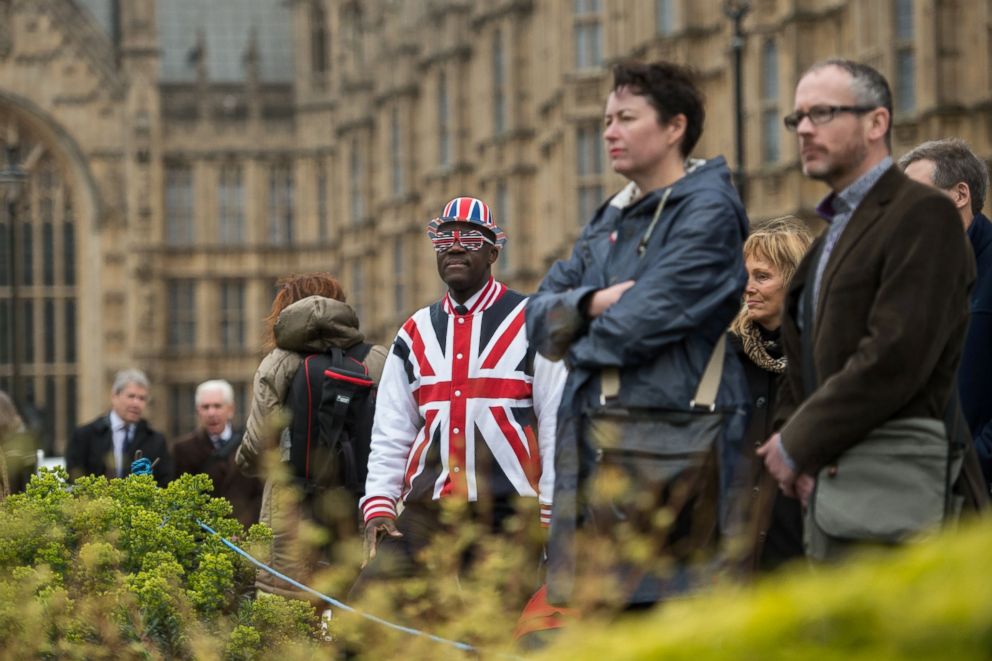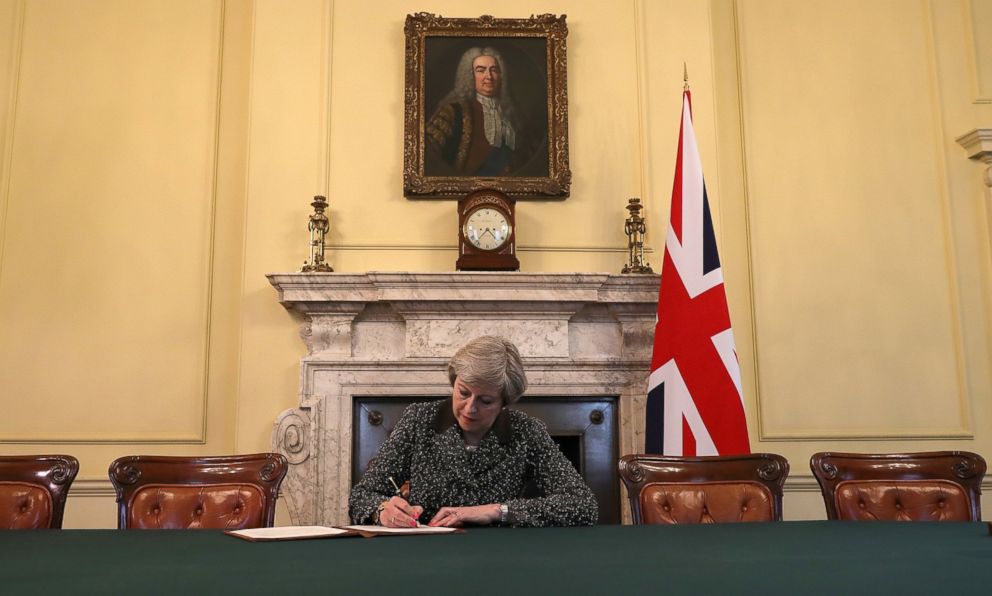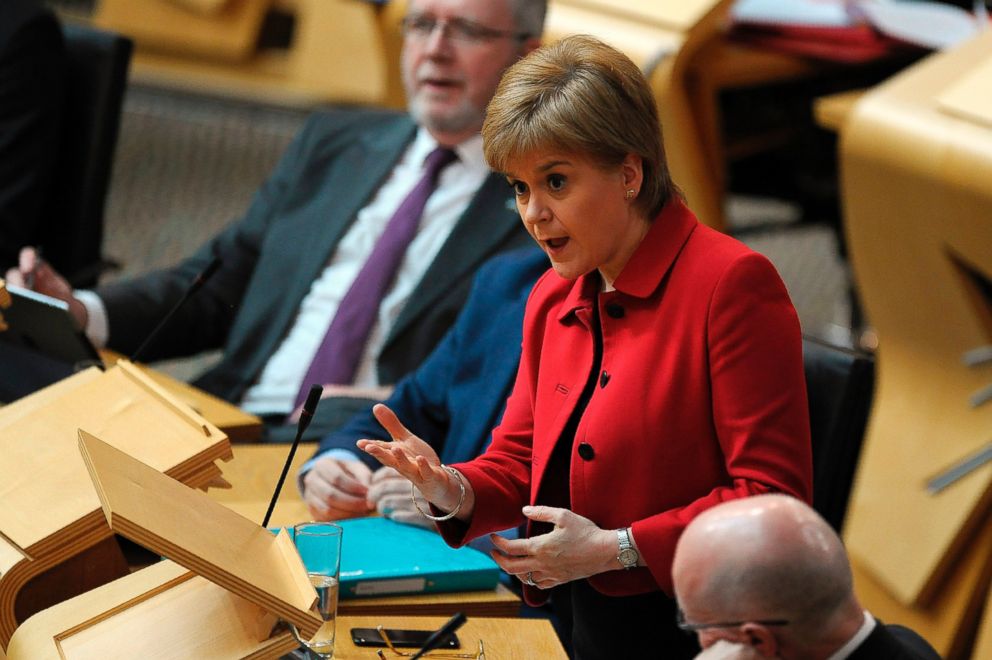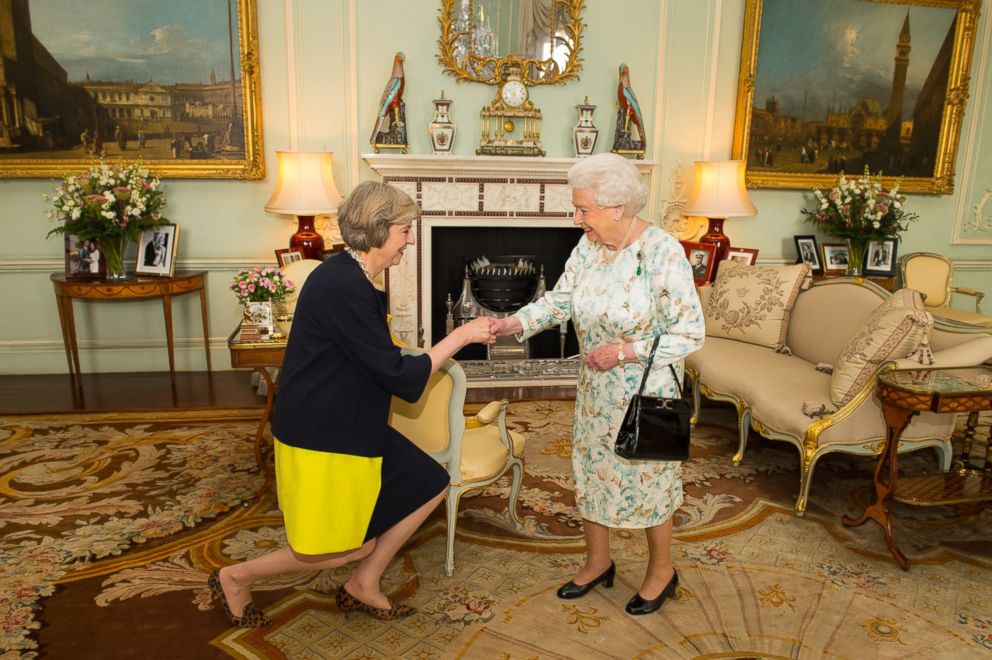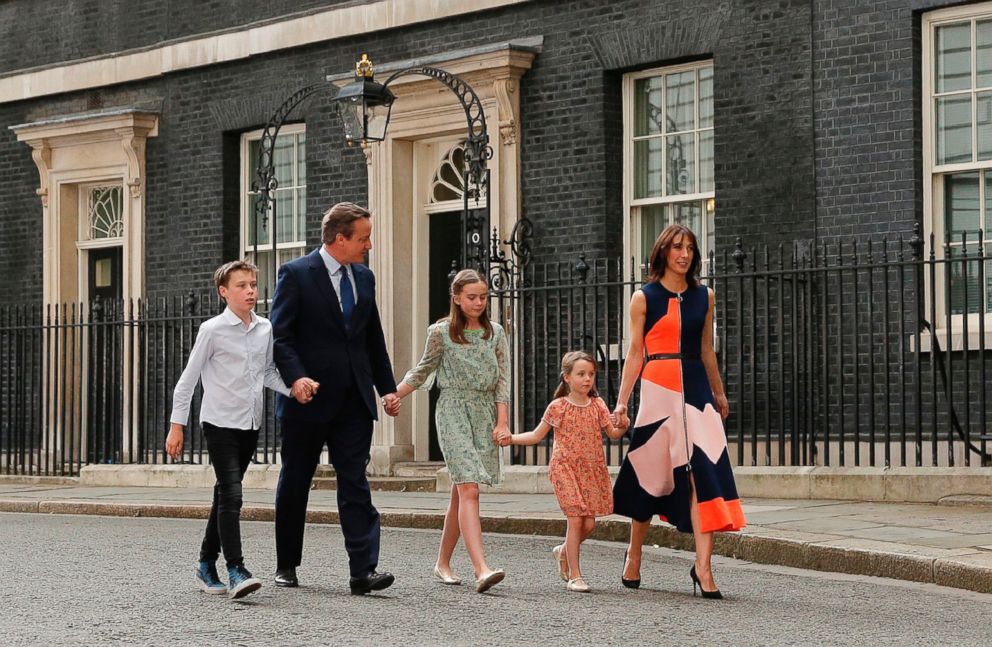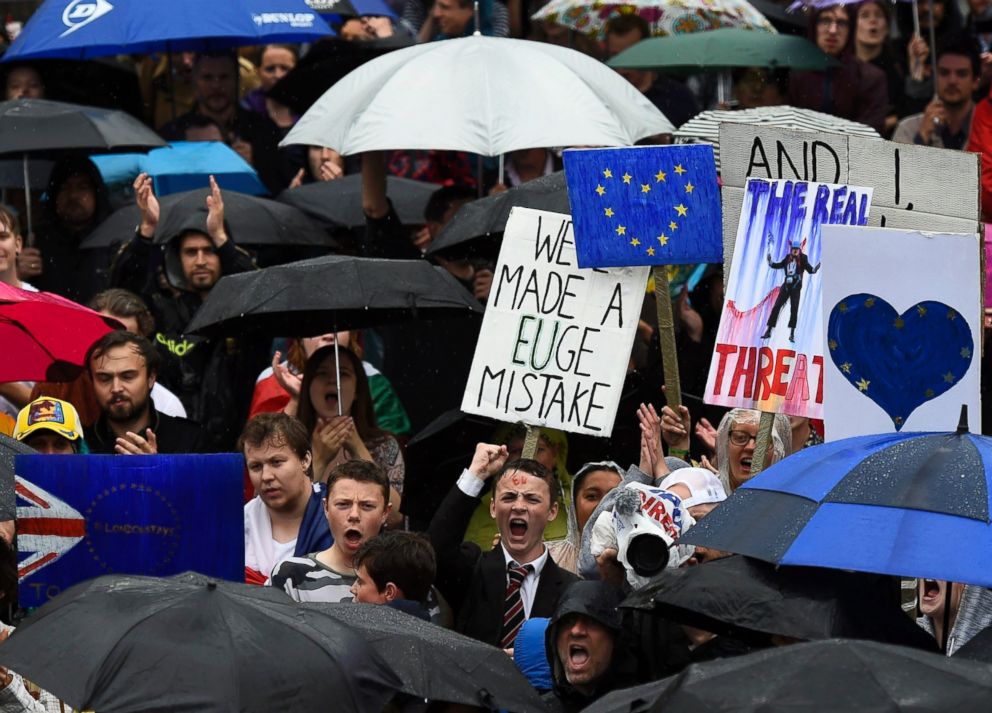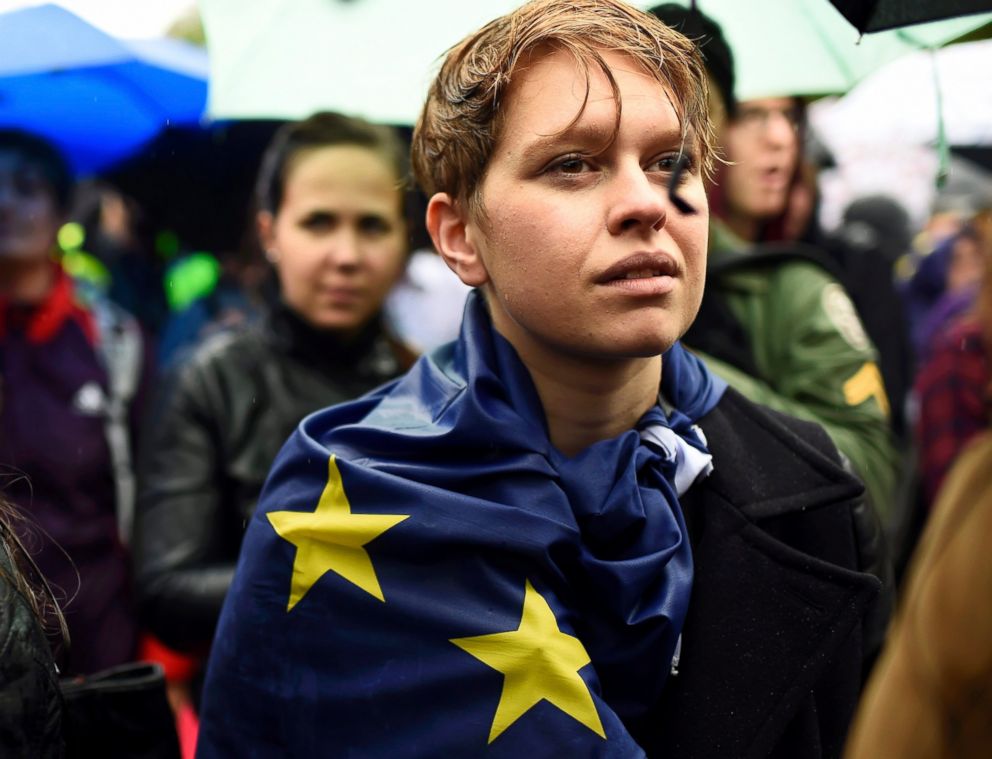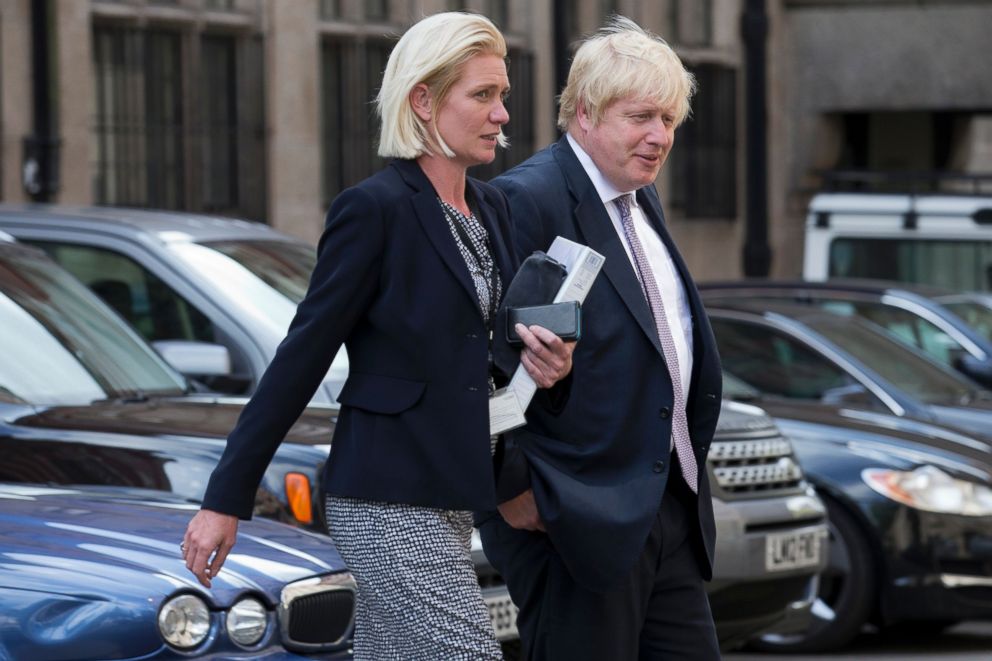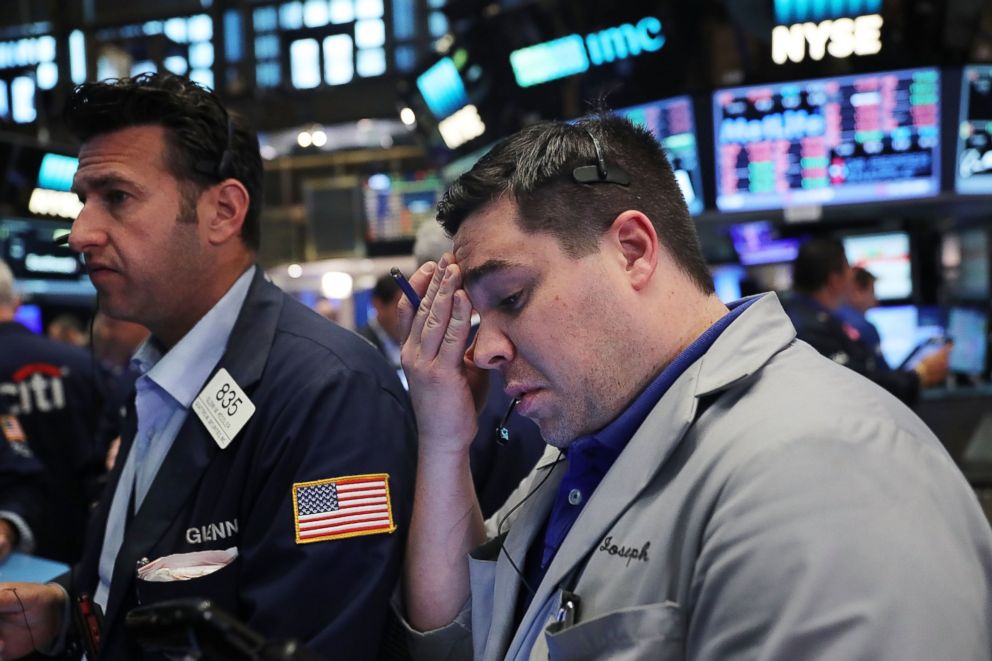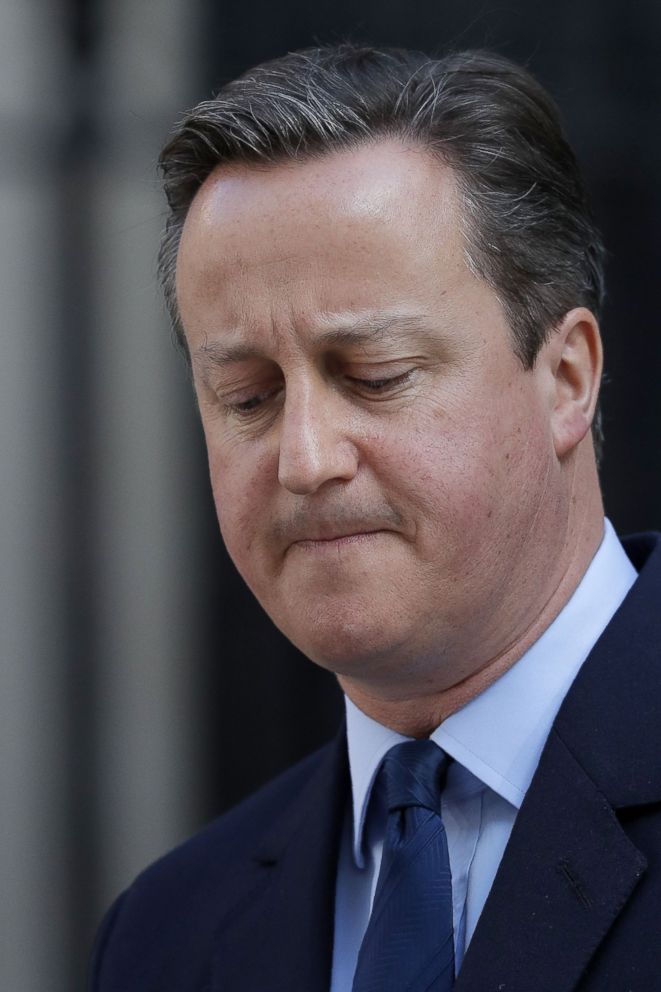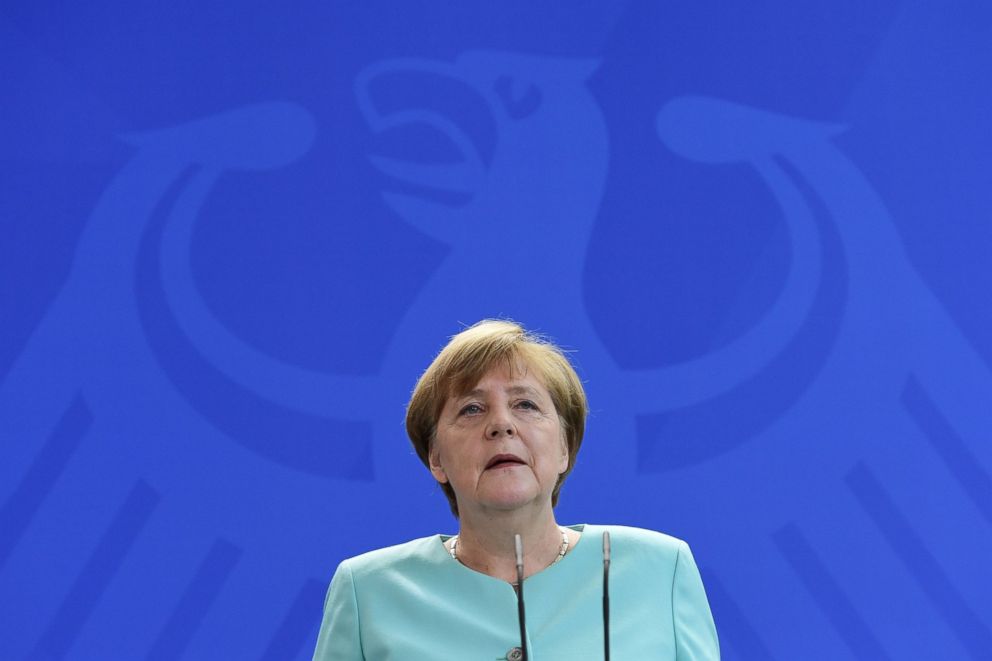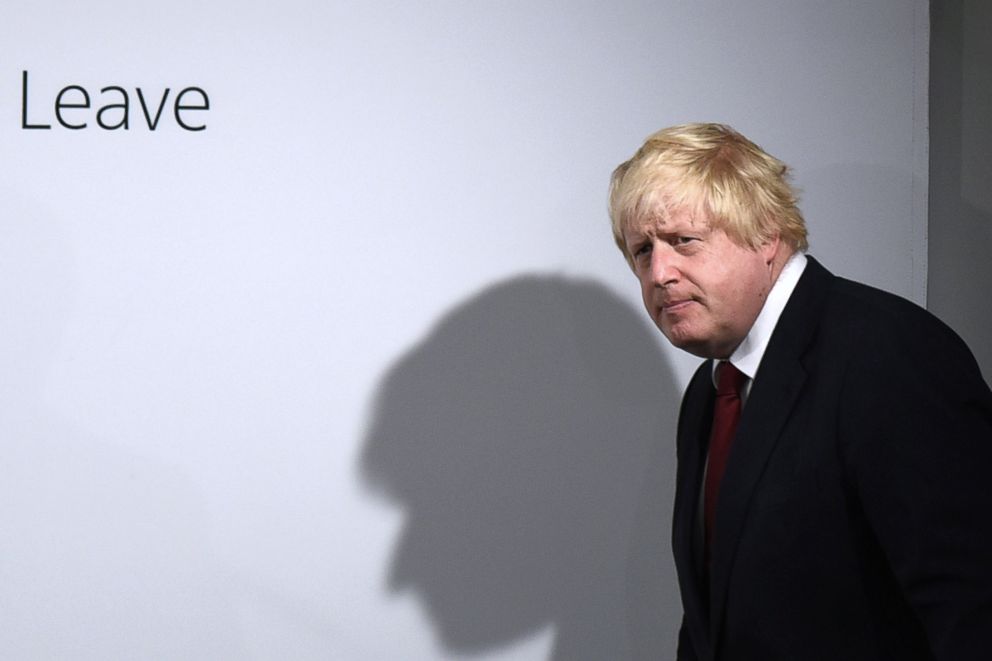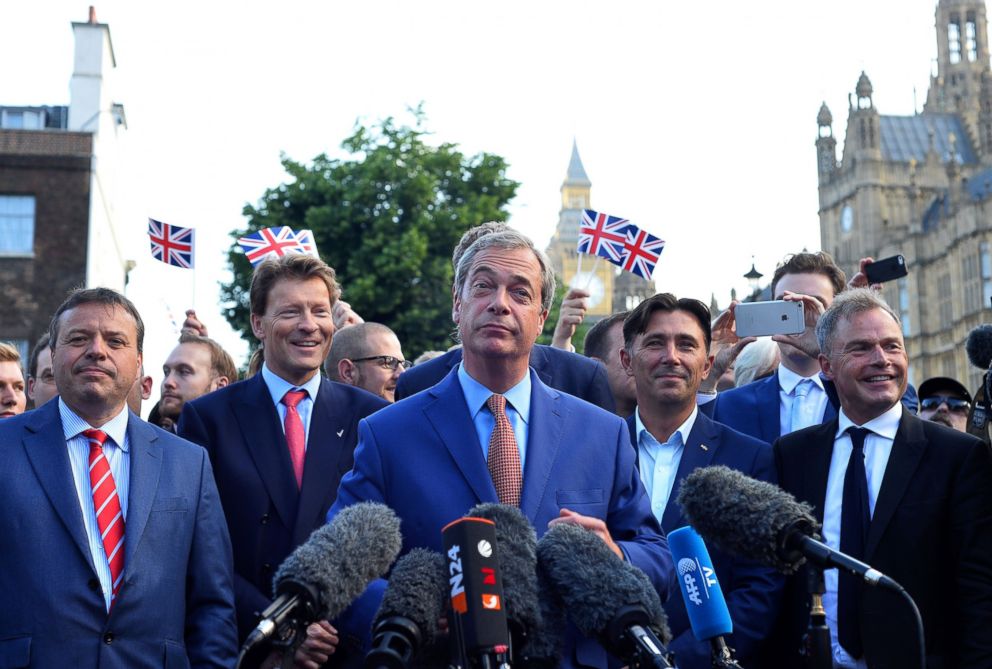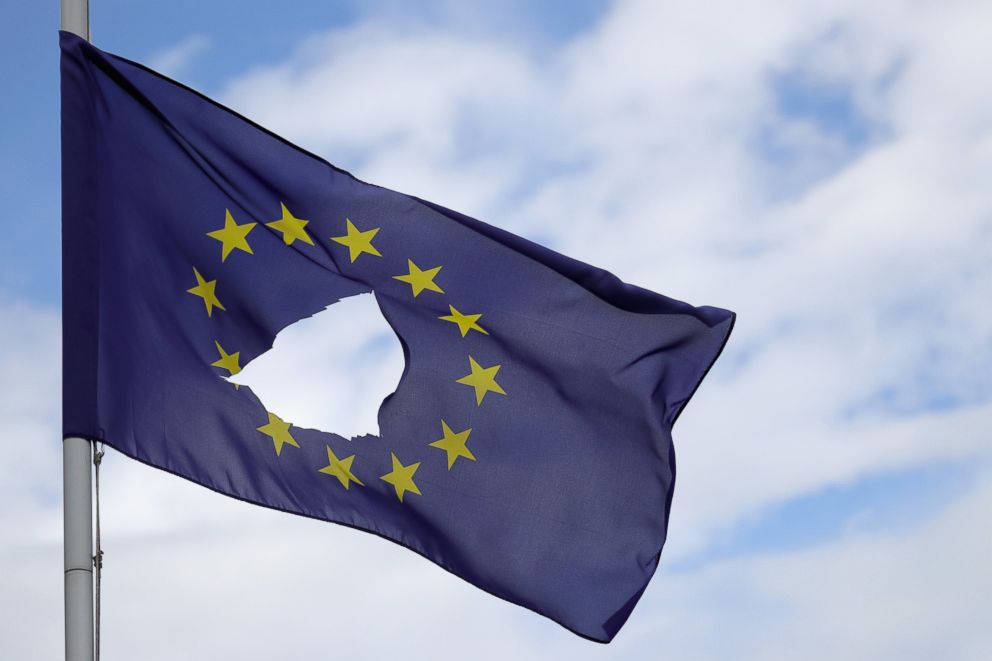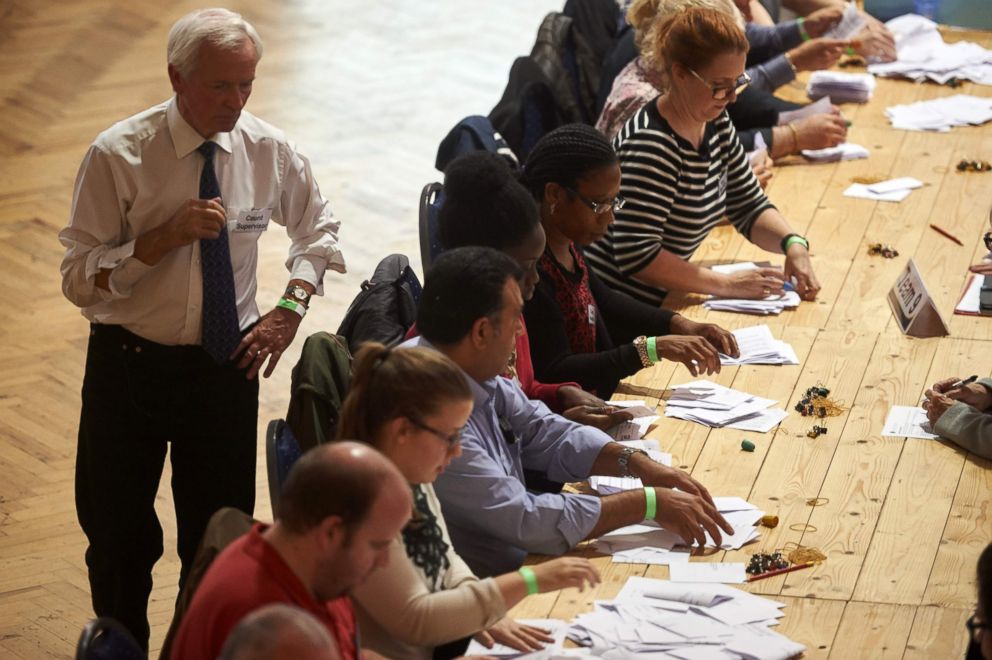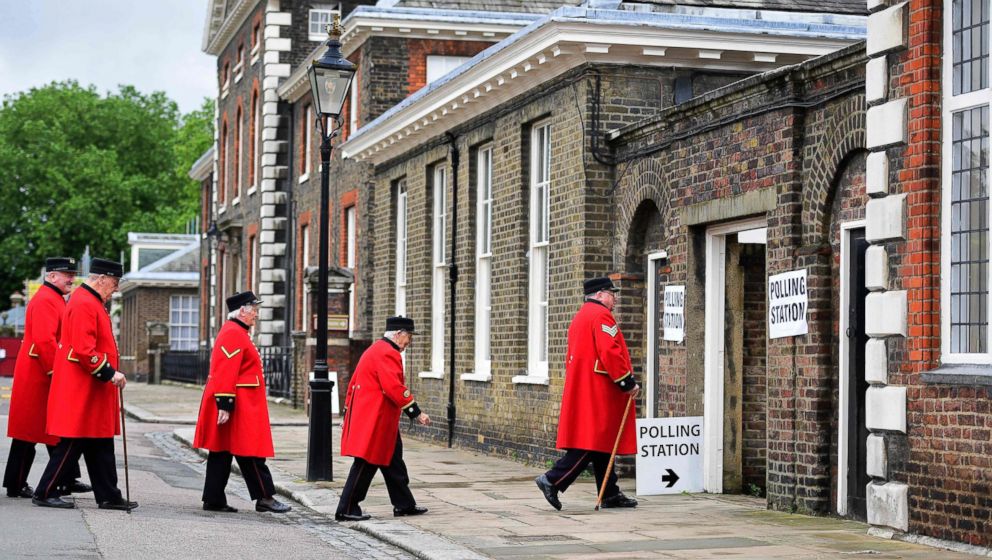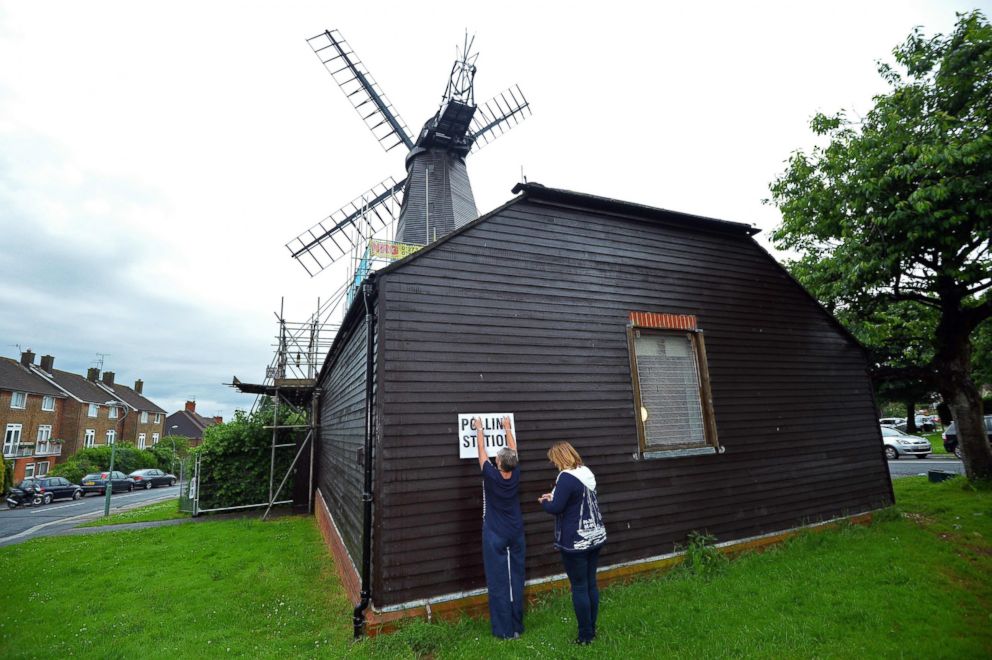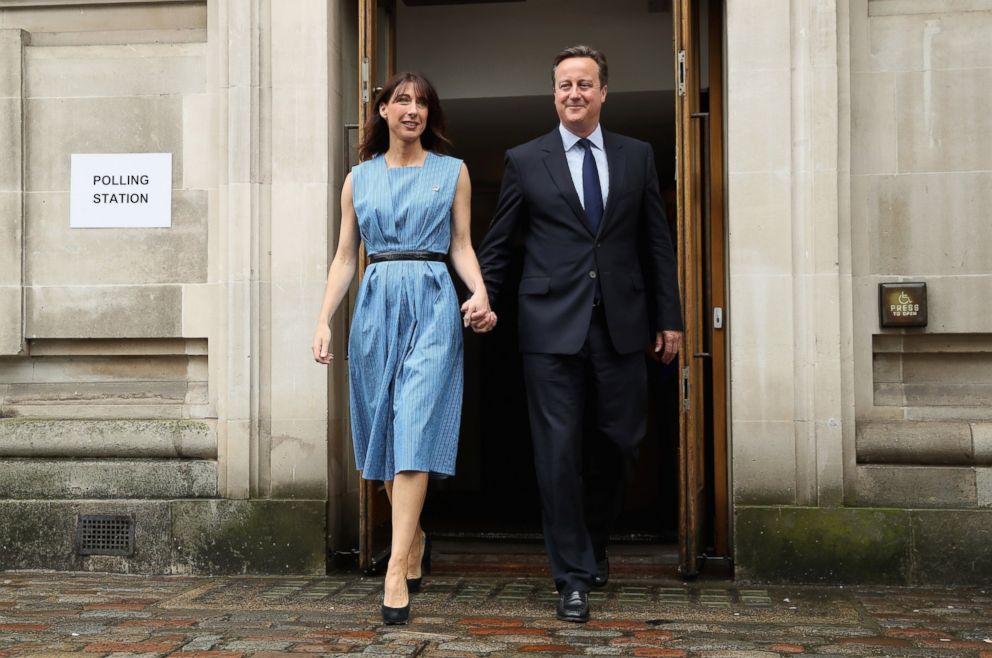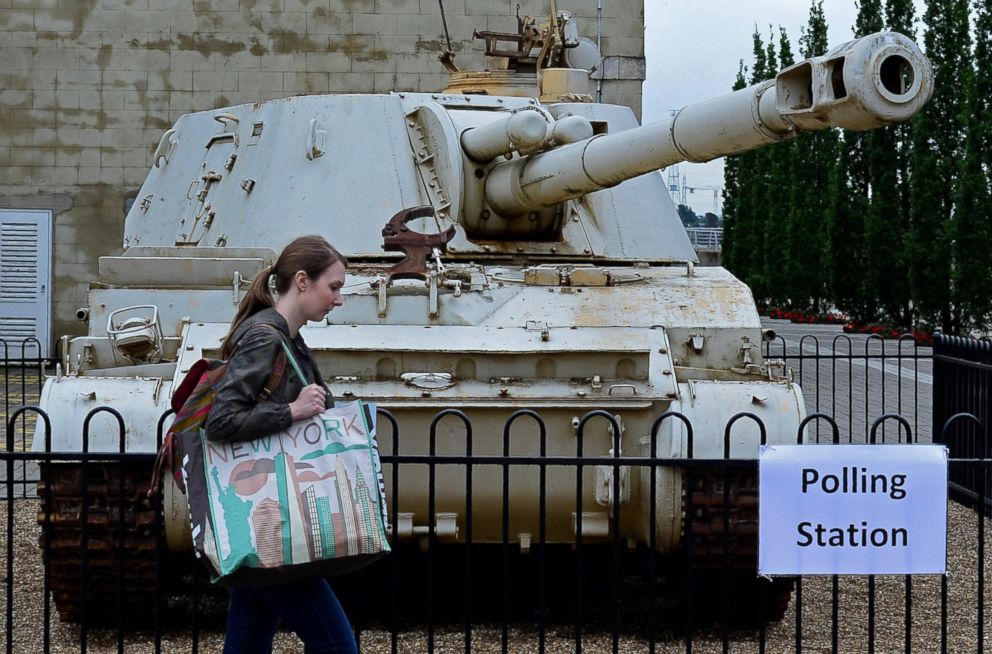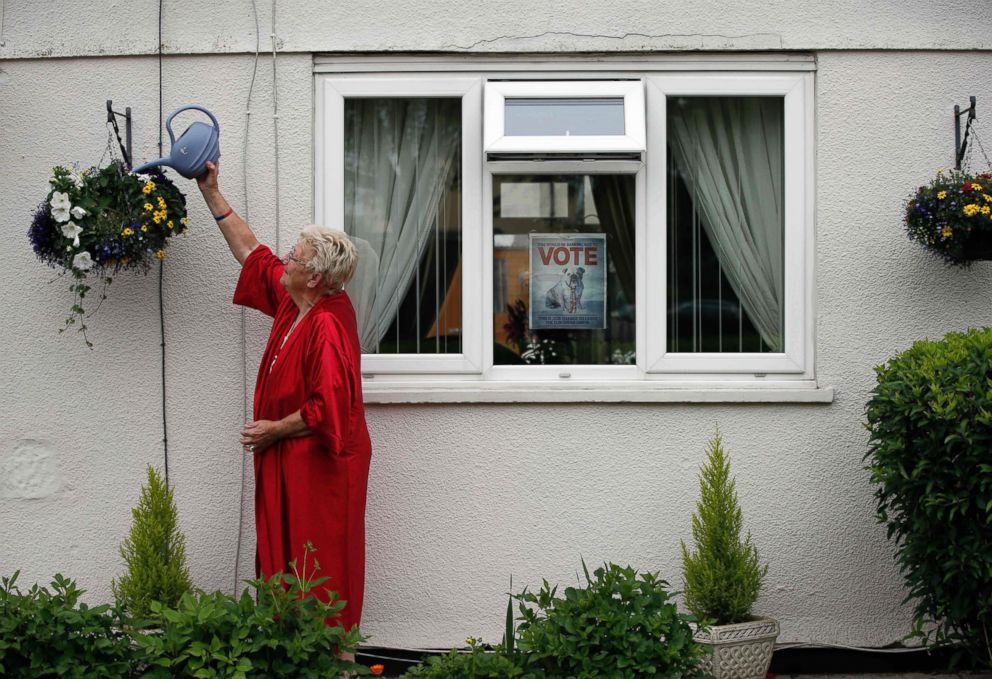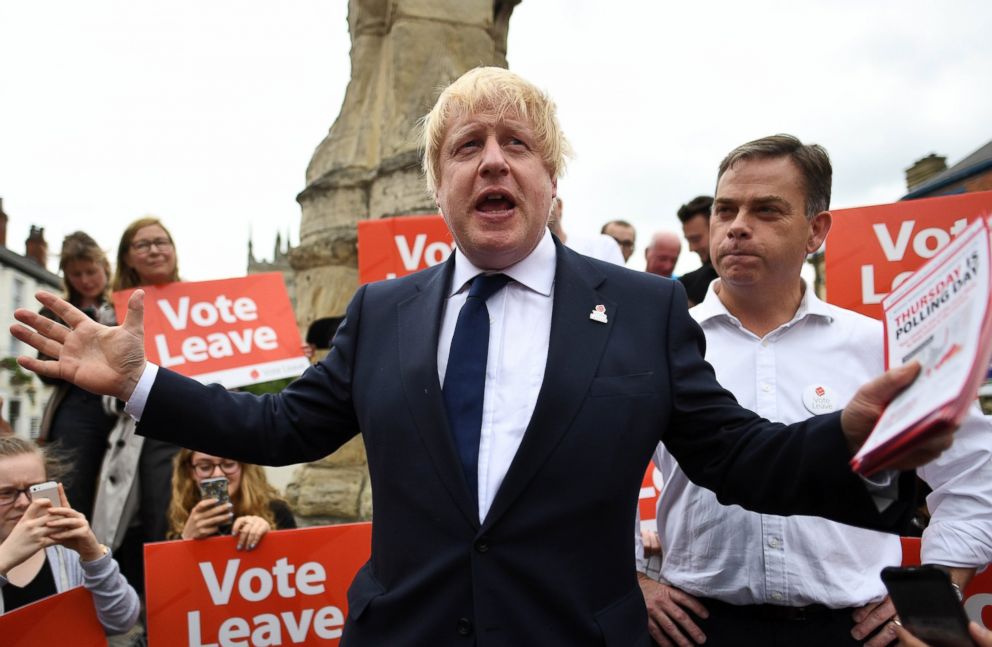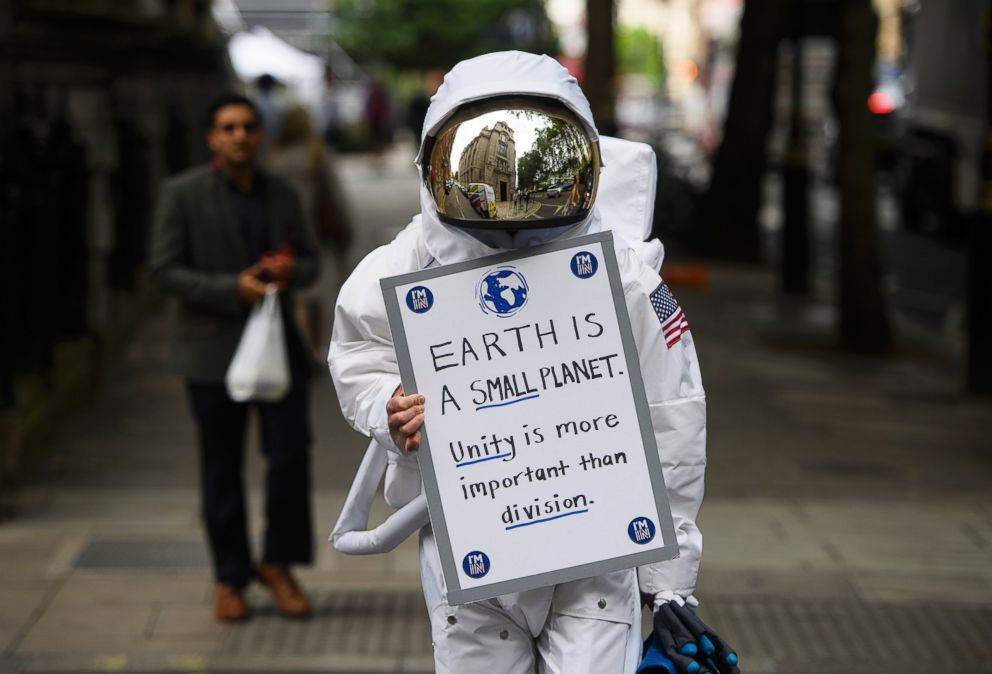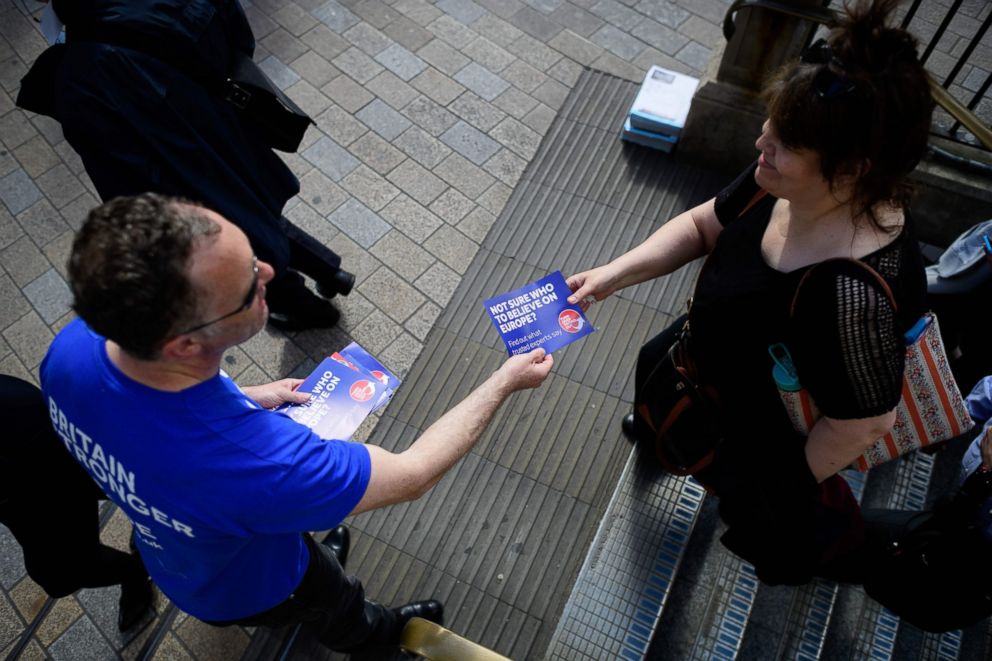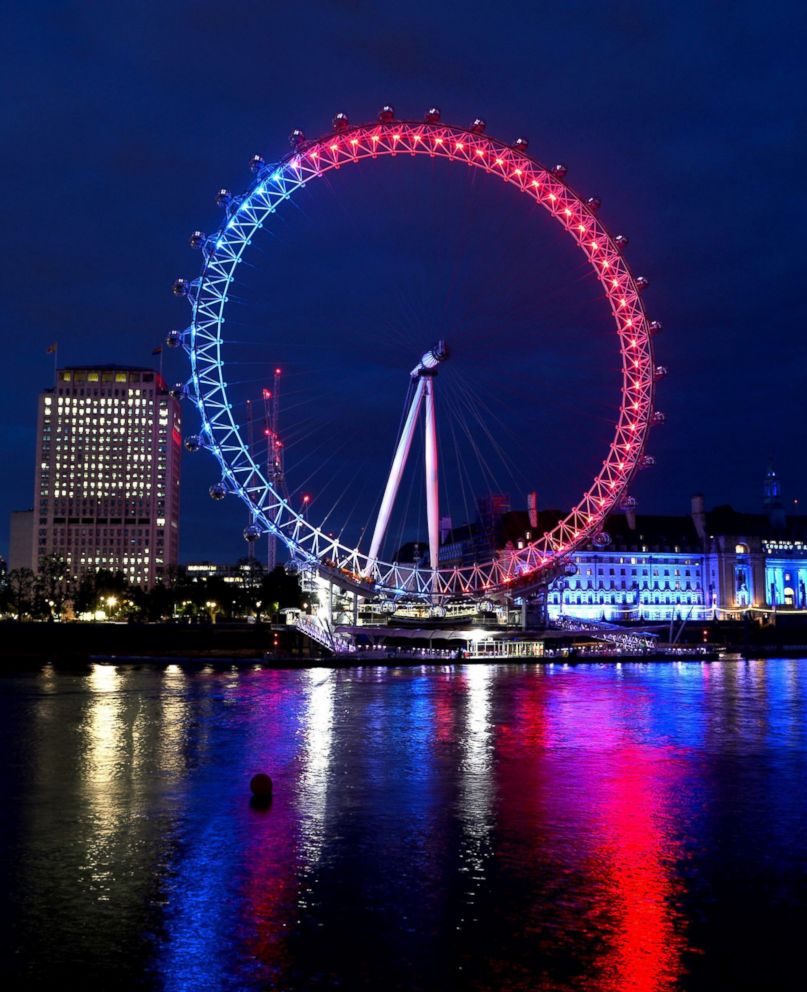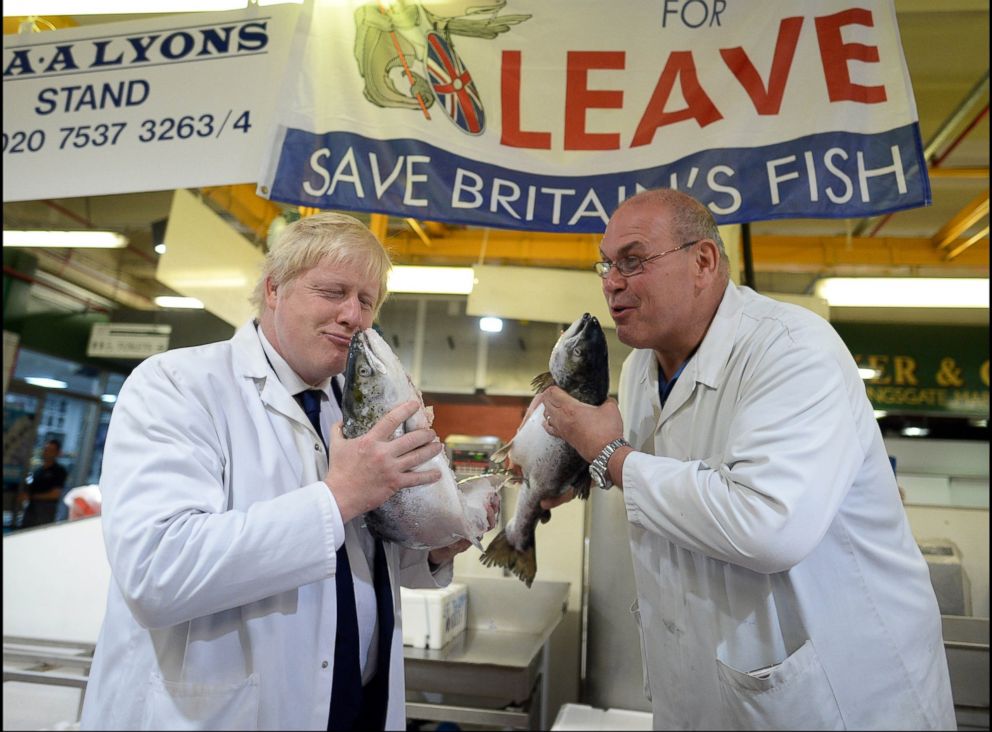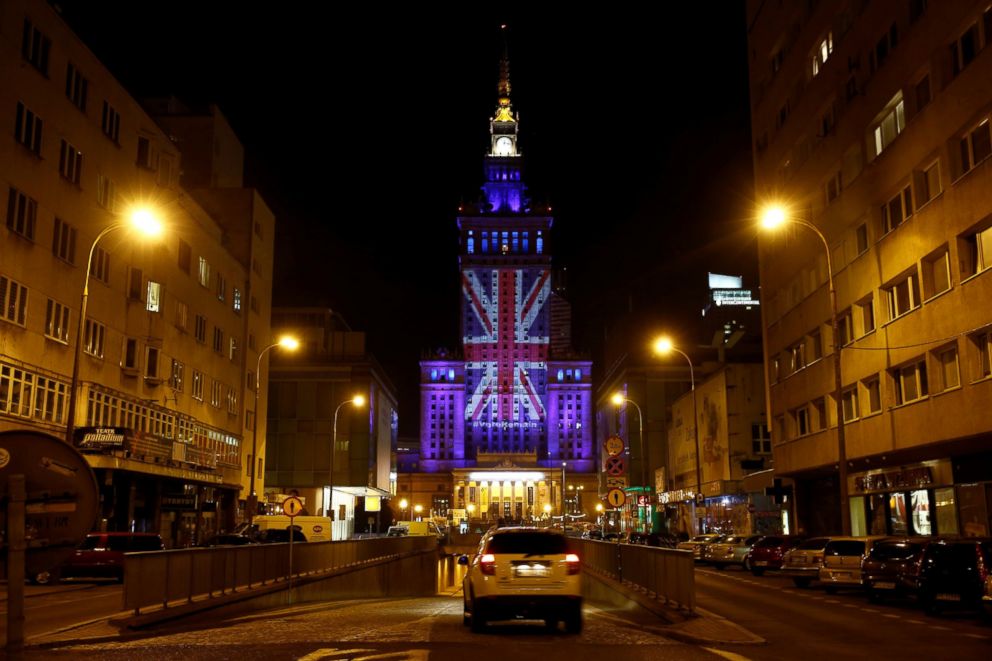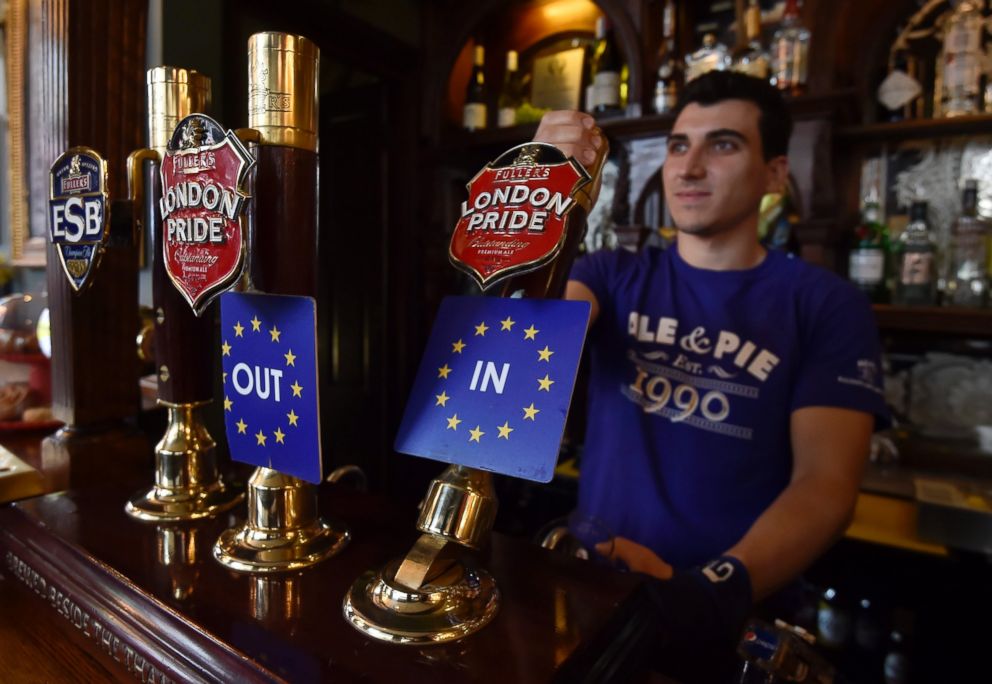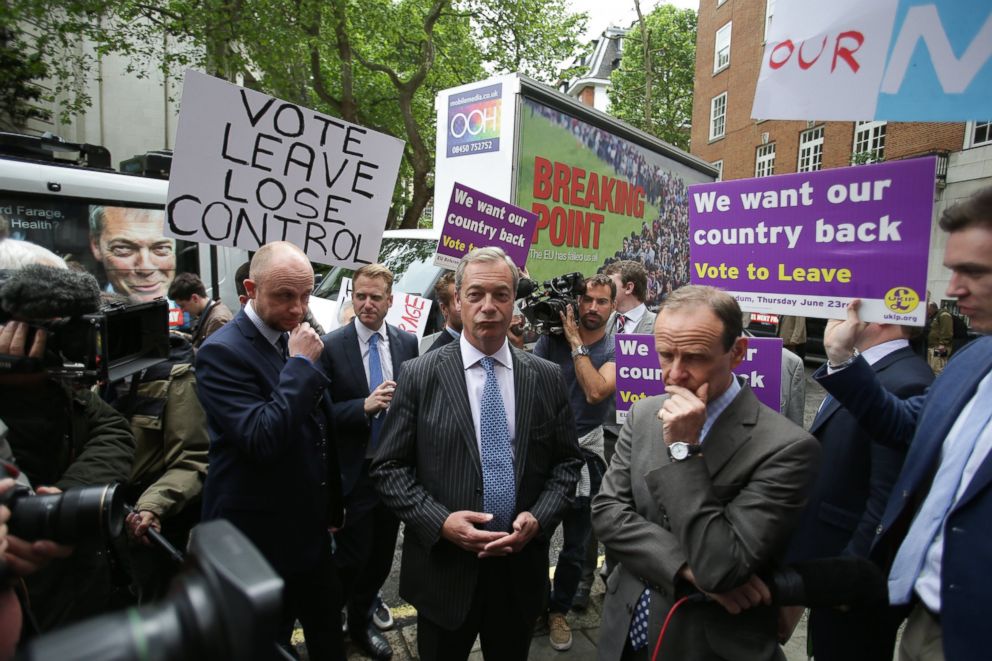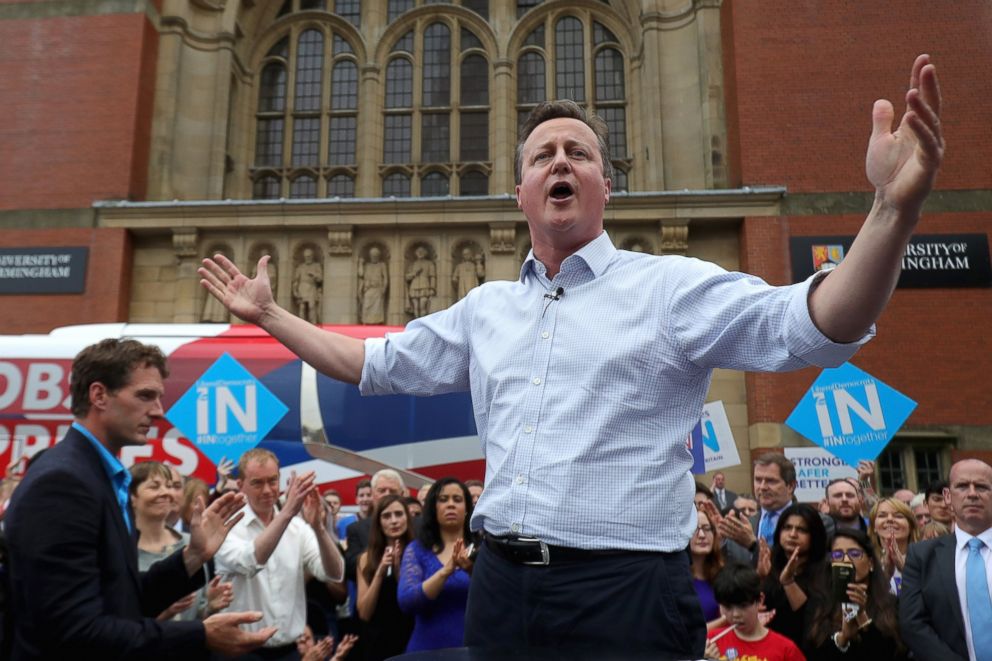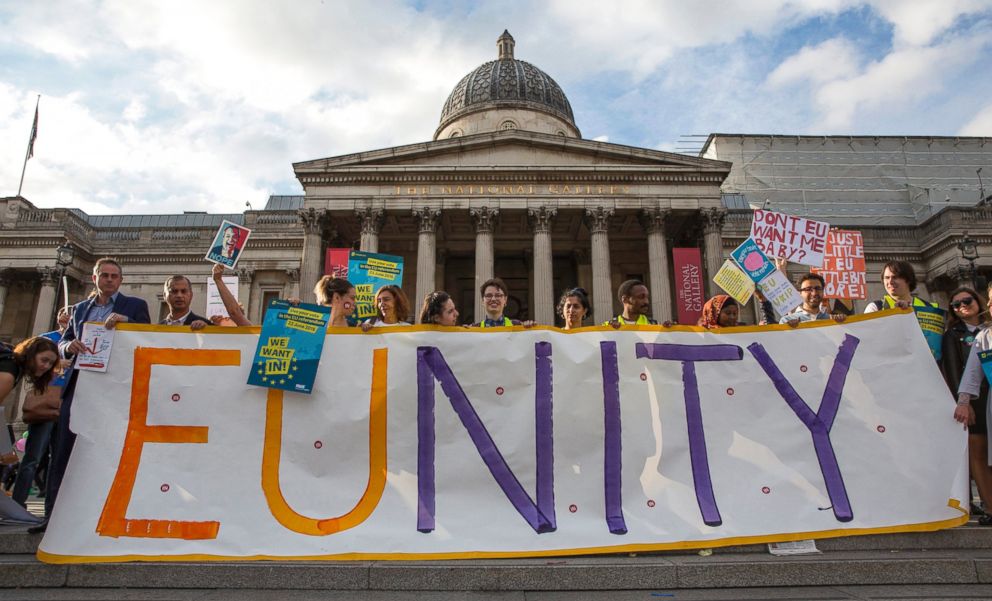UK formally triggers Brexit process: What's next?
Everything you need to know about Article 50 and what happens next.
— LONDON -- U.K. Prime Minister Theresa May has triggered Article 50, formally starting the process for Britain to leave the European Union. What happens next?
Here's what you need to know.
What is Article 50?
Article 50 of the Lisbon Treaty allows any EU country to leave the EU and outlines the plan for the exit.
What happens after Article 50 is triggered?
It's unclear exactly what will happen, because no country used Article 50 before. Now that Article 50 has been triggered, the U.K. and the EU have two years to reach an agreement — unless they can agree on an extension. On April 29, leaders of the other 27 EU countries will meet without the U.K. to give the European Commission a mandate to negotiate Brexit, as it is colloquially known.
What will be the focus of negotiations?
The U.K. will have to pay the EU when it leaves the union, and that will be subject to negotiations, said Andrew Blick, a lecturer in politics and contemporary history at King's College London.
"It's pretty clear that the U.K. will have to pay something," he told ABC News. "The question is how much and over how long a period of time. This is not the only issue but [is] a significant one."
The status of EU citizens in the U.K. and U.K. citizens in EU countries is expected to be discussed as well, he said. While the U.K. is member of the EU, U.K. citizens may live and work in any other EU country without a visa, and citizens of other EU member nations don't need a visa to live or work in the U.K. That is likely to change once the U.K. leaves, but what about EU-member citizens already living and working in the U.K.? The U.K. government has said that it wants to recognize the rights of EU-member nationals currently in the U.K. and reciprocal rights for the millions of U.K. nationals living in EU countries.
The U.K. is hoping to negotiate the future trade relationship with the EU, which is the U.K.'s largest trading partner — but that might not be possible.
"It's going to be very difficult within the two years to actually finalize a free trade agreement," Blick said. If no agreement is made in that time, the EU and the U.K. can continue to negotiate, but once the U.K. leaves, it will not be part of the free trade agreement with the EU until a new deal is in place. In the meantime, the U.K. would be able to trade via the World Trade Organization, but that's not as favorable, said Blick.
The long road to Brexit
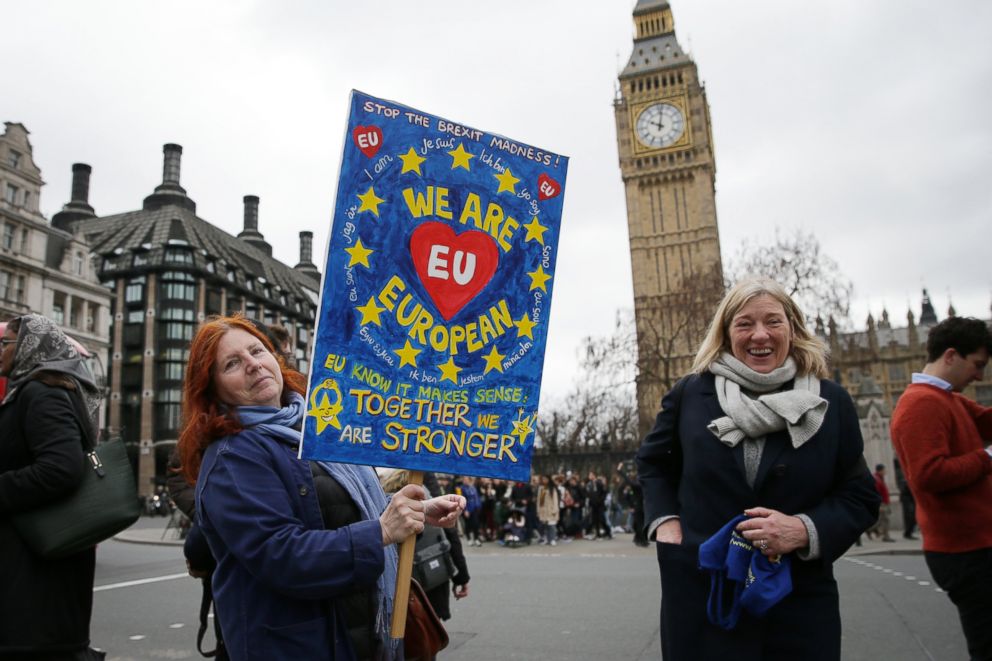
Will the UK definitely leave the EU?
Experts don't agree on whether the U.K. may change its mind and remain in the EU after triggering Article 50, but it might be possible, said Blick.
"I suspect that if the U.K. says, 'We realized this was a really bad idea,' the EU might say, 'We are not pleased, but OK,'" he said. But that could happen only if the political situation in the U.K. changes, he added. That could be a shift in public opinion, with more people wanting to stay in the EU, or if something changes in May's Conservative Party, he explained.
The majority of voters in Scotland are in favor of remaining in the EU, and First Minister of Scotland Nicola Sturgeon is calling for a referendum on independence for Scotland so that Scottish voters can decide if they want to leave the U.K., which would, in turn, allow them to remain in the EU.
The Scottish Parliament has backed Sturgeon's call for a referendum, but the U.K. government has said it will block it until the process to leave the EU is finalized. Even if the referendum isn't held, the debate about it could have an influence on public opinion, said Blick.
"It could contribute to a general sense of 'We better think again about this,'" he said.
